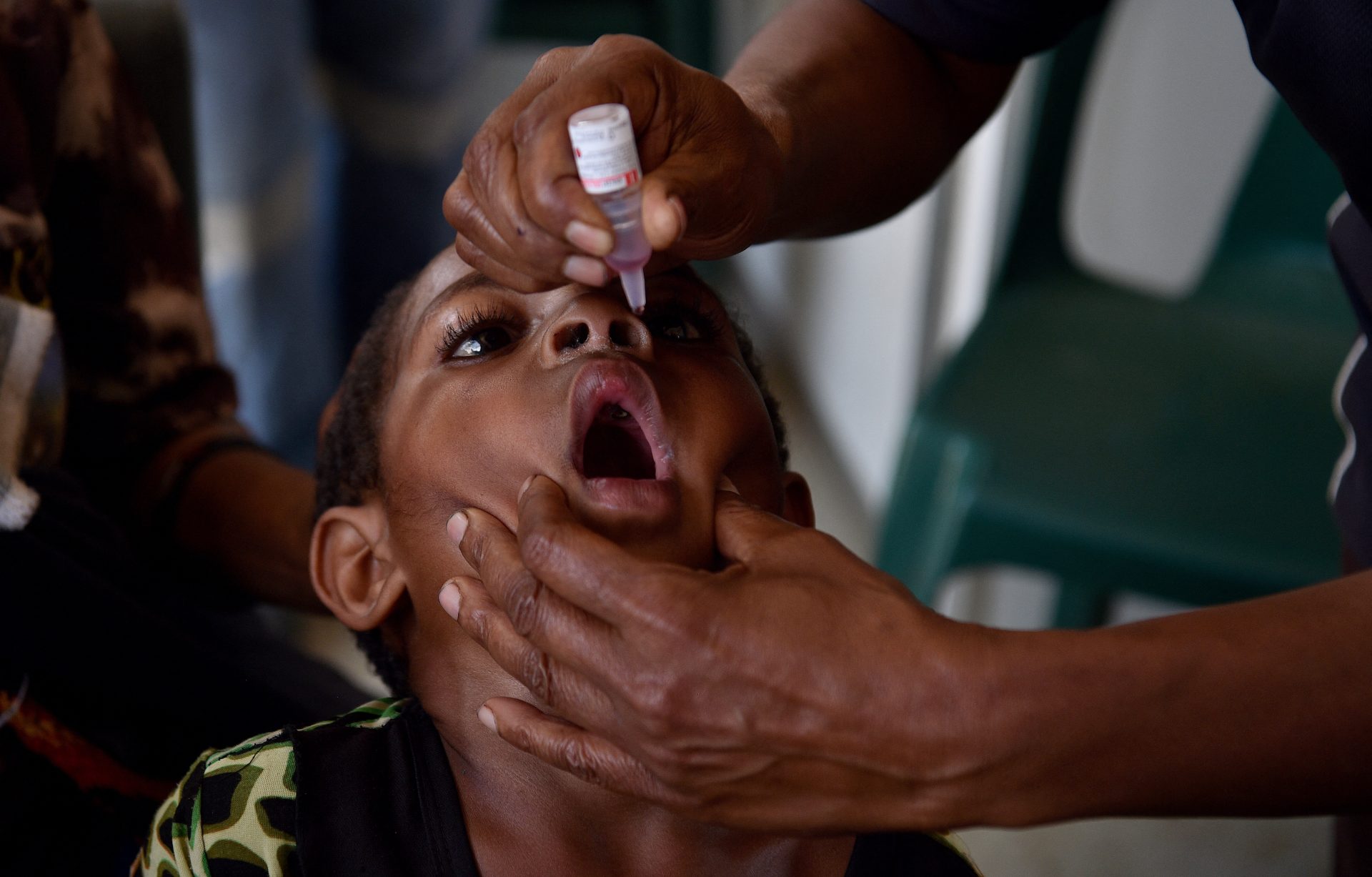Health authorities have declared a polio outbreak in Papua New Guinea after detecting the virus in major urban centers, prompting urgent calls for vaccination in a country with low immunization coverage.
Poliovirus—primarily transmitted through sewage and contaminated water—is highly infectious and can lead to paralysis, deformities, and death, especially among children under five.
The World Health Organization (WHO) confirmed that the virus was found in environmental and wastewater samples collected in the capital, Port Moresby, and the country’s second-largest city, Lae.
Subsequent testing confirmed the presence of poliovirus type 2 in two children in Lae, Agence France-Presse (AFP) reported.
According to Sevil Huseynova, WHO representative in Papua New Guinea, the detection of community transmission “constitutes a polio outbreak.”
The WHO “expresses deep concern over the confirmed outbreak,” Huseynova said in briefing notes shared with AFP on Friday.
Genetic sequencing revealed that the strain found in Papua New Guinea is linked to one currently circulating in Indonesia.
Although the country was certified polio-free in 2000, immunization rates among children remain alarmingly low, with less than 50 percent vaccinated, according to WHO data.
“Polio is a highly infectious disease, and in communities with low polio immunisation rates, the virus quickly spreads from one person to another,” Huseynova warned.
Papua New Guinea Health Minister Elias Kapavore acknowledged the gravity of the situation but urged calm.
“The situation is serious but manageable,” he told reporters on Thursday. “We’ve dealt with this before and know what works. Vaccination is safe and effective, and we’re acting quickly to keep children protected.”







